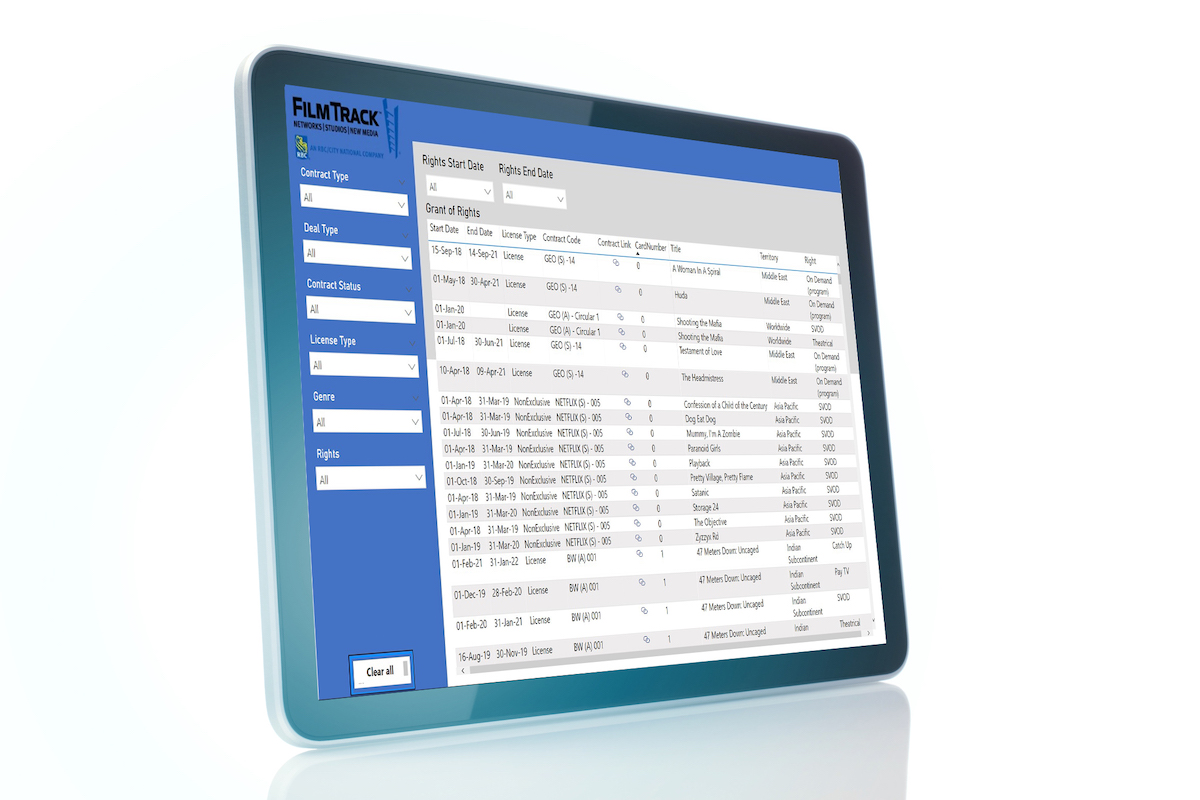Companies in the market for rights management software need to answer this critical question: Are you simply implementing technology, or do you want to be set up for a broader business process transformation that yields far more powerful results?
What's the difference? Product implementation is the process of adopting and integrating a software application into a business workflow. It begins with assessment of business needs, budget, potential product benefits, and challenges of implementation. And then typically, a rights management vendor sets the system up with your IT, and you are then referred to a customer service team to manage your needs.
Business process transformation, however, is a long-term change management process driven by external market influences to adapt to new conditions and meet evolving business goals. Business process transformation requires thorough planning, well-defined goals, and a hands-on management style.
Our advice is to partner with a rights management vendor and undergo a business process transformation to ensure you are competitive, agile, and have full, actionable visibility into your contracts and avails.
Why Product Implementation Alone Isn’t Enough
One of the highest costs and risks of product implementation is the operational disruption that often occurs during and after go-live. Because many rights management vendors do not have a formal, battle-tested plan for implementation, it is challenging for them to predict and mitigate issues for their customers.
Here are some of the variables that can result in the most significant operational disruption for organizations during and after implementation:
- Lack of defined business processes. Media companies that work with vendors that do not guide or help them navigate clear business processes early in the implementation process are more likely to experience disruption. Similarly, those that rely more on “best practices” and “off the shelf” software functionality to drive their transformations routinely experience difficulties. Rights management vendors need to take the time to understand their customers' unique businesses and then clearly define business processes.
- Data migration difficulties. Due to a lack of industry standards and the fact that various media companies are extremely niche and unique, data migration varies. To avoid business disruption and ongoing issues, this process needs to be meticulous and carried out by an experienced team. Cleansing, mapping, and moving legacy data to a new system are common challenges.
- Limited synchronization between key stakeholders and the implementation team. When a vendor engages critical stakeholders in a pre-sale discovery process instead of just negotiating the sale, and uses that same team throughout the design and delivery of the software, there is less chance that important details will be overlooked. This also lowers the risk of scope creep and organizational disruption.
Additionally, rights management vendors that hand off portions of implementation to third-party teams are more likely to encounter issues than those that take active ownership of helping their media customers move through the entire process. - Little or no investment in educational change and training. When a software company sells a product and then merely “stands it up” without a substantial investment in educational change and training, organizations are often unable to develop effective change strategies, wind up with solutions that do not align with their broader strategic objectives, and experience lower end-user adoption.
- Wasted time and effort. Rather than simply “winging it,” the more time a rights management vendor spends actively investing in its methodologies – assets, checklists, and other tools borne out of experience with implementation processes, the more successful its customers will be.
Traditionally managing a technology implementation is no longer enough. The most successful rights management software companies are those capable of supporting the transformation of their customers' entire business process, whether those initiatives involve organizational changes, operating model enhancements, and/or new technologies.
Implementing Royalties and Rights Management Software
There is a vast difference between simply implementing a software application and utilizing a formal, battle-tested plan. Which makes more sense for your organization? To learn about FilmTrack’s belief that you need a business process transformation vs. traditionally managing a technology implementation, check out our new guide, Implementing Royalties and Rights Management Software.
FilmTrack is an RBC Company and subsidiary of City National Bank Member FDIC. City National Bank is a subsidiary of Royal Bank of Canada.
This article is for general information and education only. It is provided as a courtesy to the clients and friends of FilmTrack. FilmTrack does not warrant that it is accurate or complete. Opinions expressed and estimates or projections given are those of the authors or persons quoted as of the date of the article with no obligation to update or notify of inaccuracy or change. This article may not be reproduced, distributed or further published by any person without the written consent of FilmTrack. Please cite source when quoting.


